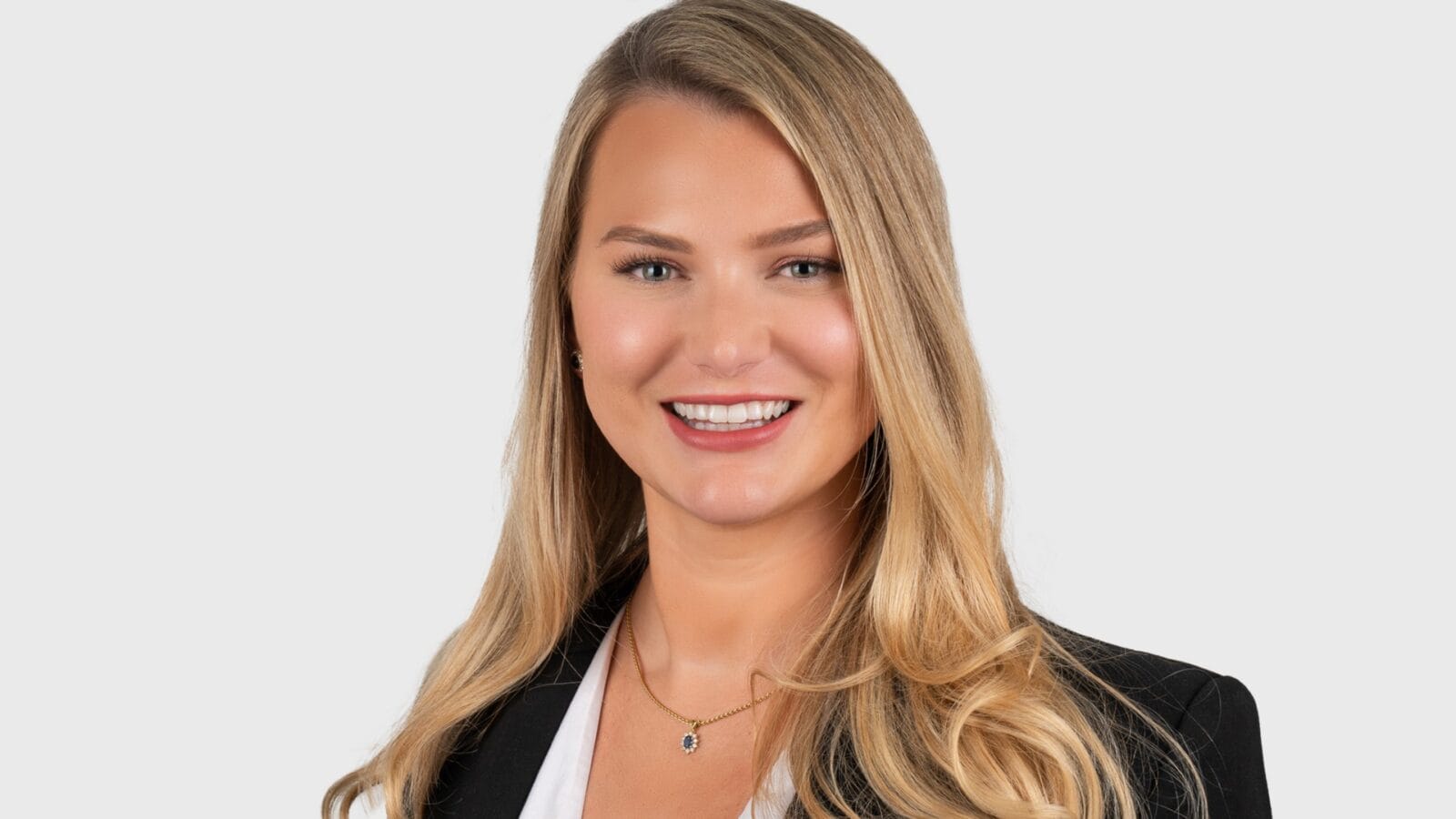As part of International Women’s Day 2024, IFA Magazine have spoken to some of the biggest female figures in financial services. In this particular Q&A Yazmin Boden, Partner at wealth management firm GSB Capital shares her thoughts.
Have you seen the environment change for women working in financial services since you first started out in your career? If so, how?
“Definitely, we continue to see the rise of the career woman, and divorce rates have unfortunately remained steady. Thus, more women are managing their own finances and seeking professional advice.
“This is a positive change, as more and more women are taking a proactive approach to their finances. Not exclusively, but women going through divorce or who have been recently widowed tend to request female financial planners. This has continued to increase the demand for female financial professionals.
“I find that our female clients are more likely to direct questions about their financial plans to me (as the woman in the room). Perhaps because of an unnecessary ‘embarrassment’ around what they perceive to be stupid questions. There is no such thing as a stupid question when dealing with your wealth and your lifetime objectives.
“Thus, for those women who do prefer a more female-centric approach, it’s incredibly important that we as an industry can support that to eliminate any uncertainties or anxieties our clients may have.”
The theme for this year’s International Women’s Day is #Inspireinclusion. What does this mean to you and why do you think it’s important to boost gender diversity?
“Gender diversity within the workplace, without doubt, promotes better business outcomes. While it’s important not to stereotype, there are common differences between the way in which men and women generate ideas, problem solve and their subsequent leadership styles.
“A book I always recommend is Think Again by Adam Grant. Grant is an organisational phycologist who advocates the need for all of us to question our opinion in the face of new evidence.
“When considering any leadership or project team, the danger is that you have too many people of the same gender, culture, and background in the same room. The outcome – you are less likely to explore alternatives and question outdated assumptions. Of course, this argument isn’t exclusive to gender equality. There are huge benefits from wider diversification considerations across nationality, culture, and socio-economic background.
“Put simply, by promoting inclusion within the workplace, your team will automatically benefit from a wider range of experience and perspectives. The combination will render the decisions made within your company more well-rounded and, thus, scientific.”
What are the key changes which you think the industry and businesses could make to encourage more women into financial services?
“We have a little running joke in the office around the Barbie movie. In the run-up of ‘Veterinarian Barbie’ and ‘Astronaut Barbie,’ it’s a shame ‘Economics and Finance Barbie’ doesn’t make an appearance…
“My opinion is that the issue starts at the very route and is founded in cultural & gender stereotypes as opposed to the industry itself.
“When I think back to the boy/girl ratio of finance-based studies in school and then subsequently my university, as to be expected, there were lots more men than women.
The key caveat here is that at the age of 31, it has been a while since I was in education; thus, my personal observation may be outdated.
“But even where I consider the job applications the team and I receive; the majority will tend to be men for client-facing / advisory roles. Thus, it ultimately comes down to interest.
How can we get more girls interested in a career in finance and economics?
“Of course, this starts in schools; the finance industry should be making more effort to attract girls into a career in financial services. When we look at the statistics, on average, women tend to be more cautious with money and better savers. These traits lend themselves to a career in money management. Thus, there is untapped potential there.”
What things are within the control of women to do to make positive gender diversity changes in the financial services industry?
“I guess this links nicely to my previous answer. More female financial professionals should attend career fairs in schools to encourage interest. This will help break down the misconception that a career in finance is monopolised by ‘men in suits’ aggressively shouting across trading floors.
“Instead, let’s promote ‘women in suits’ movement. Which I imagine being greatly more colourful and glamorous!
“Another observation is that, as women, we tend to adopt more masculine traits at work to be taken seriously. I, too, have been guilty of this in the past. Typical ‘masculine’ traits are assertiveness, competitiveness and risk-taking.
“I would encourage both women and men to avoid actively adopting more masculine traits in the workplace (unless, of course, it comes naturally to you). There is a place for both masculine and feminine approaches in business. The combination of these makes for great leadership. Be true to your style and your judgement, and trust that you were chosen for your position based on your personality and expertise.”
Has your business taken particular steps in recent years to support greater gender diversity or diversity and inclusion more broadly? If so, in what ways and how have you benefitted?
“I am incredibly proud to say that GSB already categorically promotes and practices inclusivity. 8 out of 18 leadership positions are held by women.
“Broadly speaking, our workforce is 50/50 when it comes to our gender ratio. The benefits are endless, but most prominently, it promotes a balanced and enjoyable working environment. I don’t take this for granted, and I will always fiercely support the diversity standard we hold at GSB.
“We at GSB also partner with an exceptional Women’s charity – Evolvin’ Women. Where you haven’t yet come across Evolvin’ Women, I would highly recommend you look into the organisation and everything it achieves. Get involved where you can. We feel incredibly fortunate to work with the
entrepreneurial and driven community of Evolvin’ Women. The partnership has worked so well that we recently hired the fantastic Mutale into our Client Impact Team GSB and I have also developed a financial literacy course for the Evolvin’ Women candidates, which we will roll out each year moving forward.
“The course is specifically tailored to help women manage their finances proactively and break through the jargon we can be guilty of in financial services – creating a safe space to ask questions and learn collectively.”
And finally, what does gender diversity look like to you – in a perfect world?
“This is a big question. I guess the simple answer is equality & diversity without thought or consideration.
“We have come a long way, considering the initial suffragette movement only started around 120 years ago. However, there is still a way to go. Outside of GSB, I work with a charity which supports women who have escaped difficult marriages or family situations.
“We need much greater global alignment around the position of women in society and the protections we afford them. Unfortunately, the issue of equality across different cultures, religions and regimes needs to be managed differently. This continues to render the issue of gender equality complex.
“Those of us who have reached a greater balance in terms of equality must support those who are still struggling – don’t be naïve to the inequalities which still exist within your community, on your doorstep. Unfortunately, inequalities within society will always feed into gender diversity within the workplace.
“In order to achieve true gender diversity in the workplace, we need to address gender issues at the source. At the cultural, societal and educational levels. And not overly rely on inclusivity quotas set by HR departments to promote gender diversification in the workplace.
“My standpoint is – I would never accept a promotion based on the fact that I am female, as much as I wouldn’t accept being discounted for a position based on my gender. As this will sometimes lead to the wrong people being hired for the wrong reasons, which doesn’t represent progress.”
















